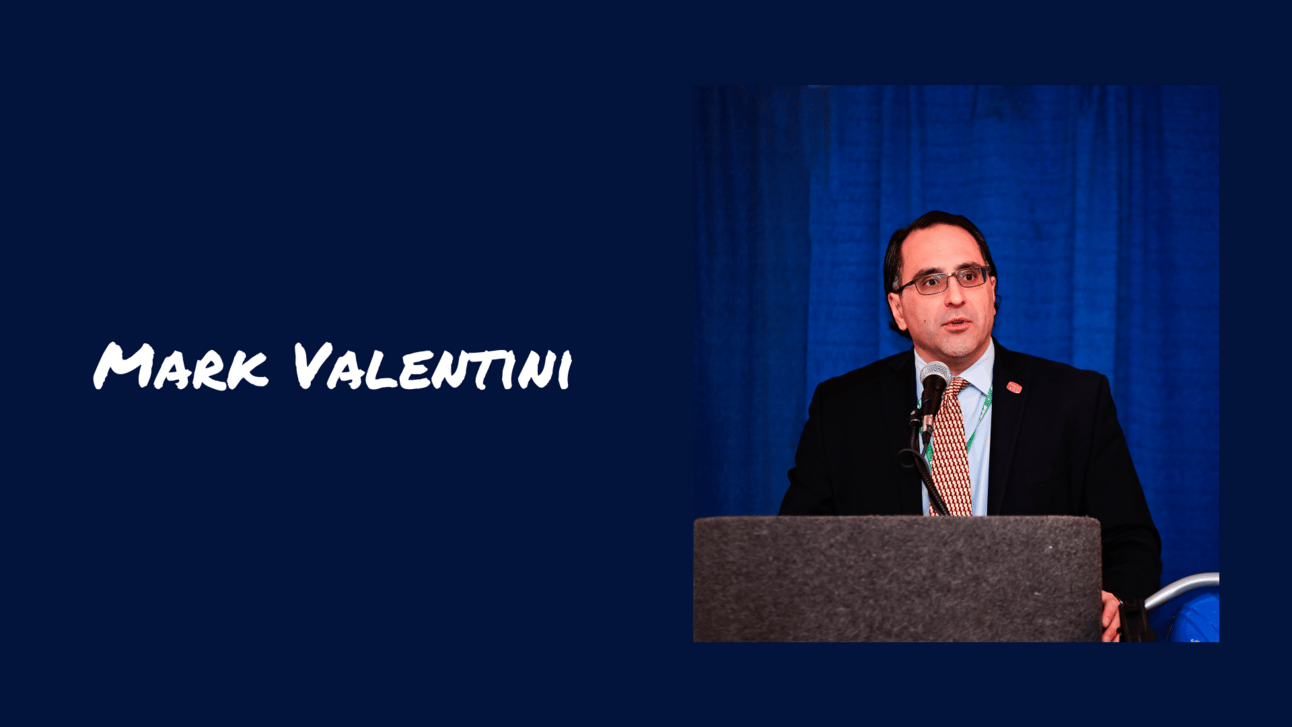A pulse check on HVAC in Washington D.C. with PHCC’s Mark Valentini
Notes on HVAC in government, electrification, and the year ahead in D.C.

❝
[Contractors are] going to need to pay attention to what’s coming out of their state energy offices… if they don’t, they might be in a position where they have to turn down work if their customer wants to take advantage of the rebates.
Mark Valentini is the Director of Legislative Affairs at PHCC-National Association. He works on energy, environmental, and workforce and labor issues, representing the plumbing and HVAC industries in D.C.
We talked about what’s going on in residential HVAC, the push toward electrification, what contractors should be paying attention to, and more. Our conversation’s been lightly edited for brevity and clarity.
How’d you end up doing what you’re doing in government?
I grew up around the [DC] area and spent the first 10 years of my career working in the US Senate. I then went to the private sector as a lobbyist in the insurance industry before moving to transportation. I represented small business trucking companies, and then larger carriers and truck driving schools where I built up my workforce policy portfolio.
From there, I brought my policy portfolio of small business, tax, and workforce issues to PHCC. I lobby on energy issues, environmental issues, workforce and labor, and of course, assist PHCC chapters at the state level.
Can you help me understand the big governmental developments affecting residential HVAC?
The biggest one right now is on the energy side — the IRA and the ~$8.8 billion appropriated, and the energy-efficiency tax incentives. It ties into the broader energy-efficiency space. Outside of transportation, the built environment is the highest emitter of carbon emissions.
One way some policymakers are trying to pursue that goal [of bringing emissions down] is by eliminating the use of fossil fuels in buildings, particularly natural gas. And that presents problems for a host of reasons because we’re highly dependent on it, for starters.
What are some of those problems?
The idea is to shift all of that to electrification, and there are concerns about whether the electrical grid has the capacity to handle that increased load, which it doesn’t. If you were to build out the grid, great, but that’s not easy and you don’t have the workforce for that. And permitting for lines and new power plants is a very politically fraught environment as well.
And it’s very expensive, so obviously, there are some economic issues. A lot of homeowners live in older buildings that have limited-capacity electric panels. Panel upgrades are going to cost several thousand dollars, then you have to replace the appliances and [get] a new heat pump system, which could be $15,000 to $20,000.
Some of the IRA’s rebates will be based on homeowner incomes. How are contractors supposed to verify those?
There are some tech companies that I’ve come across that want to or are in the process of building an app to help contractors make those determinations without asking the customer directly, but I think it’s in the development process.
I can see those companies pitching the DOE or state energy offices offering to make the rebate program more feasible.
❝
Well I mean, if you have a Republican government, they’re going to either slow down or reverse the implementation of the IRA… If the Democrats were to remain in power, then yeah, the IRA would keep moving forward.
What should contractors be paying attention to right now?
From a market perspective, there’s been an increase in heat pump sales, which have outsold gas systems for the past two years. So at the very least, they want to prepare for that shift in the market. Heat pumps aren’t a new technology, but they’ve certainly improved. Those [new technologies] are more complex, and I think employers will need to make sure their techs are trained on that technology to prepare for demand for those products.
Outside of that, they’re going to need to pay attention to what’s coming out of their state energy offices so they can understand how the rebate programs will work. Because if they don’t, they might be in a position where they have to turn down work if their customer wants to take advantage of the rebates.
Are you and your colleagues pushing back on anything legislatively right now?
The pushback that we’re doing right now is at the state level and doesn’t have to do with the IRA more so than it does with gas bans. About 25 states have implemented fuel choice legislation that prohibits state and local governments from banning gas connections in construction.
We’re working with Congress and other industry stakeholders to pass what’s called the Energy Choice Act, which would prohibit states from banning gas. For now, it’s a “messaging bill”, but we’re hoping that it could pass as a standalone bill or be attached to a broader energy package.
This year’s an election year, so will that impact any of the HVAC-related legislation?
Well I mean, if you have a Republican government, they’re going to either slow down or reverse the implementation of the IRA. They could pass a bill essentially nullifying it, and reverse a lot of policies being implemented at the DOE or EPA.
If the Democrats were to remain in power, then yeah, the IRA would keep moving forward. The upside of having Democrats running government is they share the same progressive ideology on the workforce that we do, especially when it comes to registered apprenticeships.
Speaking of the workforce, what is happening on that side of things, government-wise?
The big thing is the National Apprenticeship Act — the original NAA was signed in 1937 and has never been re-authorized. It’s still the law of the land when it comes to registered apprenticeships, but when there can’t be changes made to the law, the DOL will step in, put new rulemakings out, modernize things, and act as a “patch”.
Right now, if someone at the DOL doesn’t like a regulation, they could just cross it out. But if you re-authorize the NAA, which we hope happens, everything that’s been passed since 1937 becomes codified, and then you have a stronger, more resilient program. And that puts up another barrier to anyone who wants to “credentialize” skillsets within the building trades.
The other ones are the Workforce Innovation and Opportunity Act (WIOA) and Perkins Career and Technical Education (CTE), and those relate to grants and funding for job seekers/employers and vocational education programs. We want to see robust funding there.
📬 Get our stories in your inbox
Keep reading
EPA releases final refrigerant phase-down rule, proposes new rule
October 16, 2023
Austin Helms on building a perpetual company and hitting $20 million along the way
Notes on growth, retaining talent, and building a perpetual company
Contractors can still market on TikTok — for now
The popular social media app's fate in the U.S. remains in question, following a temporary shutdown on January 18


